Earlier today, gunmen stormed the Bardo Museum in Tunis. Nineteen people are reported have died and more were injured in the hostage situation, which ended when security forces were able to kill two attackers at the scene, according to a statement by Tunisia’s prime minister, Habib Essid. Parliament, which is located near the museum, was evacuated during the incident, and a search for possible accomplices is ongoing.
Tunisia was at the centre of 2011’s Arab Spring, but in recent months jihadist militants have launched several attacks and assassinations intended to derail the country’s political transition to democracy. On 21 December last year, Beji Caid Essebsi was elected president in Tunisia’s first free election. The identity of the gunmen is still unknown, but the Islamic State (ISIS, which has apparently attracted some 3,000 Tunisian fighters) has hailed the attack.
The Bardo Museum is one of the country’s most popular tourist destinations, famous for its collection of antique mosaics. Seventeen foreign visitors from Germany, Italy, Spain and Poland are reported to be among the dead, along with a Tunisian security officer and a member of the museum’s cleaning staff.
It is not the first cultural institution to have been targeted by extremists in recent months. Last May, four people died in a shooting at the Musée Juif de Belgique in Brussels. Mehdi Nemmouche – a French national of Algerian origin with links to radical Islamists in Syria – was later arrested in connection with the attack.
Update, 21 March
Since our initial report, the total death toll has climbed to 25 (including 22 foreigners) but the total count is yet to be confirmed. Nine people have been arrested in relation to the attacks.
Related Articles
A response to the Musée Juif de Belgique shooting (Abigail Morris)
Unlimited access from just $16 every 3 months
Subscribe to get unlimited and exclusive access to the top art stories, interviews and exhibition reviews.

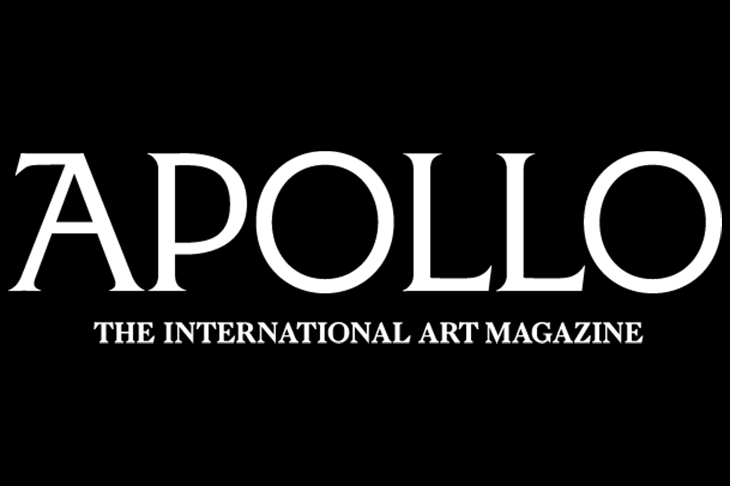
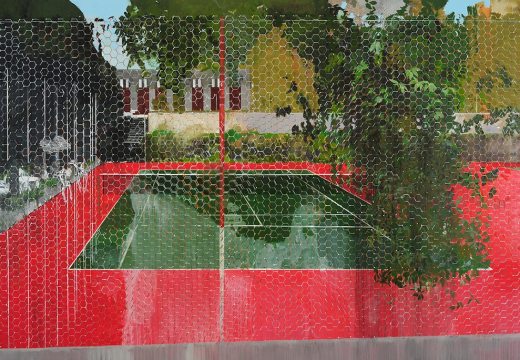
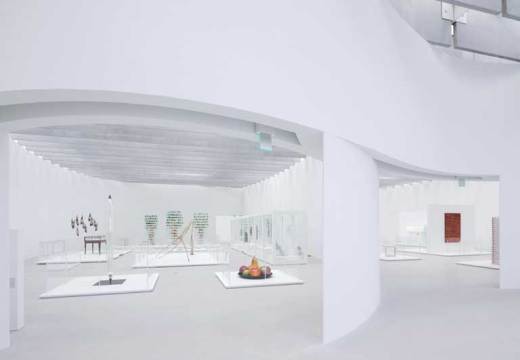
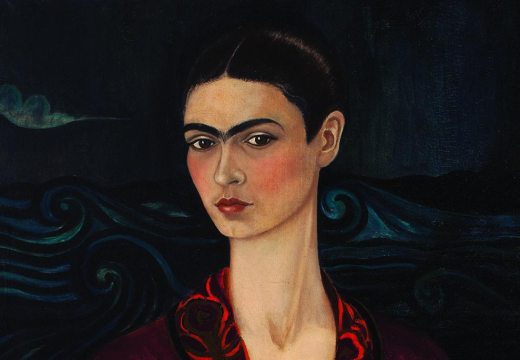
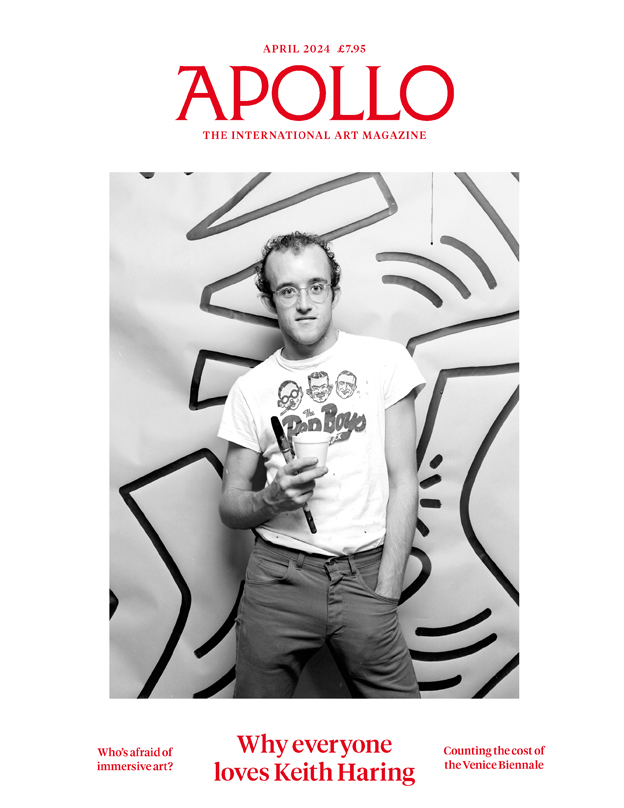
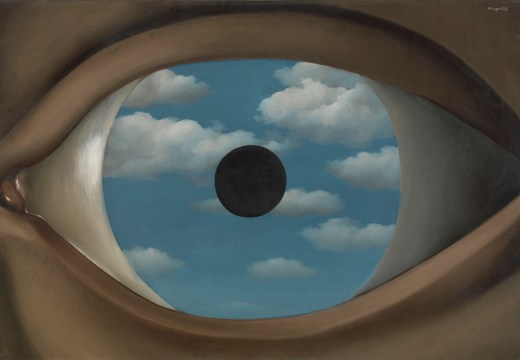
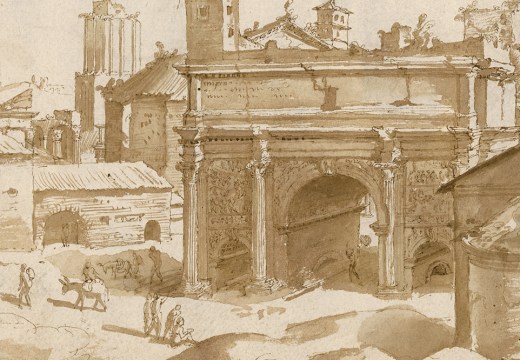
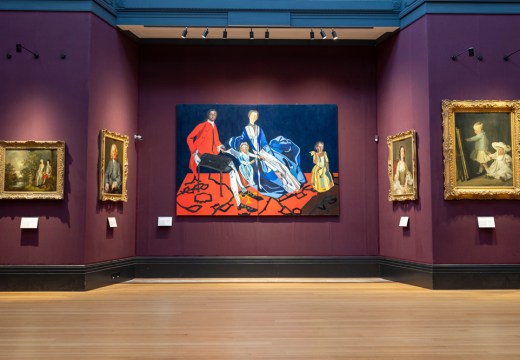
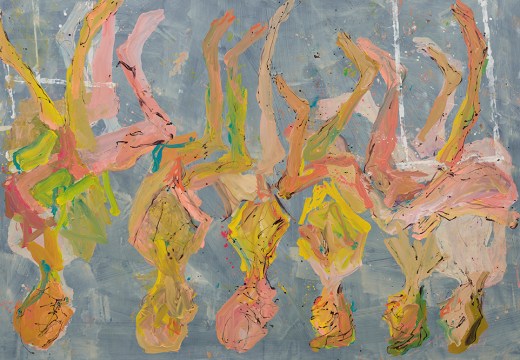
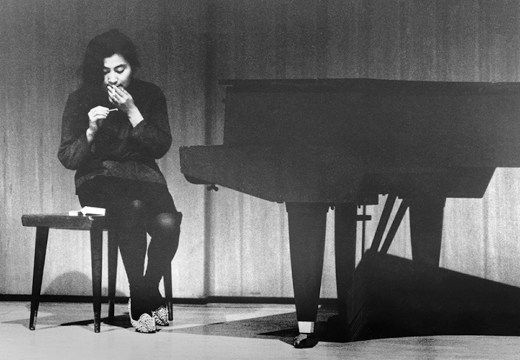
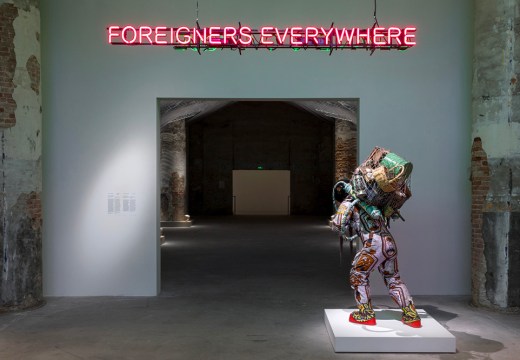
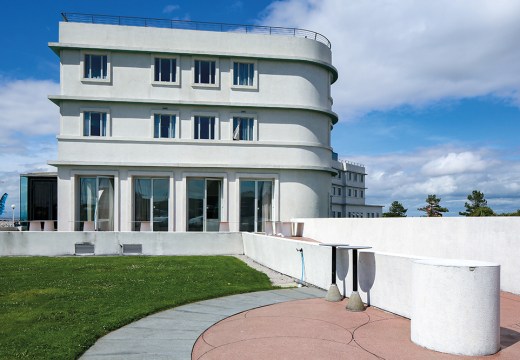

![Masterpiece [Re]discovery 2022. Photo: Ben Fisher Photography, courtesy of Masterpiece London](http://www.apollo-magazine.com/wp-content/uploads/2022/07/MPL2022_4263.jpg)
Has the Fitzwilliam lost the hang of things?